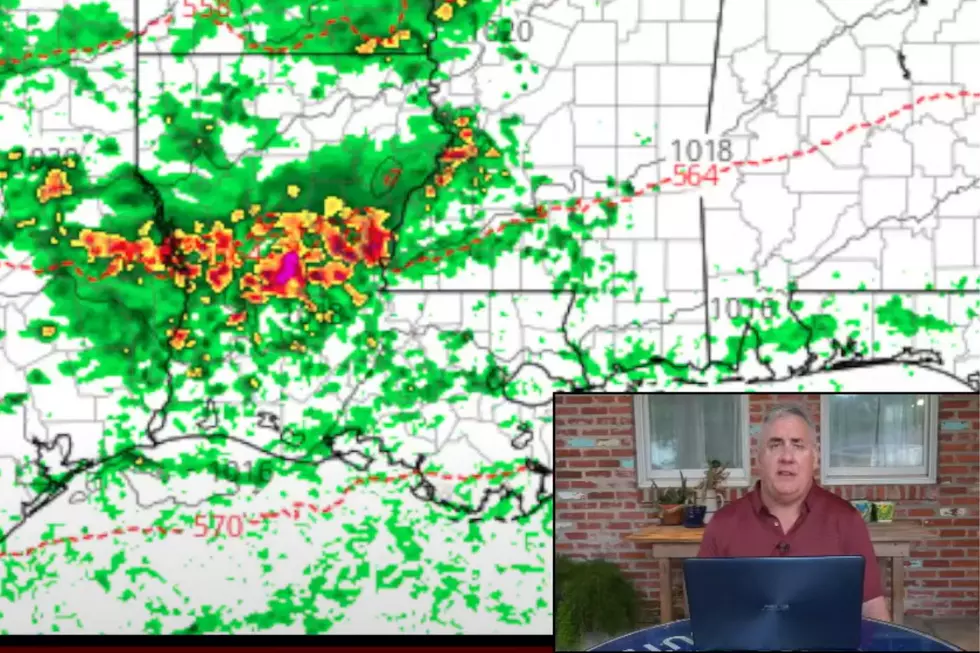
Football Parents: Do You Know These Concussion Warning Signs?

This is my first year as a football parent. My son has played soccer in the Bossier City youth league for a couple of years, but he gained a lot of mass over the summer and is one of the biggest kids in his grade. One of the coaches from his school encouraged him to join, and he went all in. Seeing him push people around with little resistance (he plays defensive line) fills him with a sense of accomplishment and me with a lot of pride.
That being said, I'd be a liar if I told you I wasn't worried. I might tell him to "walk it off" or "rub some dirt on it" - but deep down, I know that the risk of injury on the gridiron is all too real. Especially with the amount of butting heads he experiences every game.
Football is the #1 sport for this type of injury
I know that the possibility of getting hurt exists in every sport, so don't think I'm downplaying the injuries you can receive playing soccer, baseball, volleyball, or any other sport. The CDC says that football is the leading cause of one of the most dangerous sporting injuries of all - concussions.
The warning signs you better pay attention to
Doctors suggest you check out your kid yourself after each and every game. Sometimes, players will brush off a hard hit and tell the coach they're still OK to play. However, you know them better than anyone - that gives you insight the experts don't have.
According to the specialists with the CDC, these are the signs you need to look for:
- One pupil larger than the other.
- Drowsiness or inability to wake up.
- A headache that gets worse and does not go away.
- Slurred speech, weakness, numbness, or decreased coordination.
- Repeated vomiting or nausea, convulsions or seizures (shaking or twitching).
- Unusual behavior, increased confusion, restlessness, or agitation.
- Loss of consciousness (passed out/knocked out). Even a brief loss of consciousness should be taken seriously.
If you observe your student-athlete displaying any of these signs, experts say you should call 911 or take your child to the doctor right away.
How do help my kid recover from a concussion?
First and foremost, you should follow your doctors instructions. These types of injuries can cause serious long-term issues if they aren't treated properly. However, the CDC also has some pretty solid advice to get your child on the road to recovery. The first step is rest, especially in the first few days after being injured. That means no physical activity and a healthy distance from things that might overstimulate the brain (like video games, movies, etc.).
After the first few days, if they are feeling better, light activity can be re-introduced and they can go back to school. The next step is getting into moderate activity, if they're ready. If the recovery has gone smoothly, the final step is letting them get back to their regular schedule.
Ask the coach some questions
Finally, it's never a bad idea to get to know your kid's coach. Working together will bring an extra safety net when it comes to protecting your child. Make sure to ask how athletic staff check for concussions and make sure you are continuing that examination long after the game is over.
Read More: Sports Stars from Shreveport
Local Guys Currently Playing in the NFL
TACKLE THESE: Check Out the Best Uniforms In Each NFL Team's History
More From News Talk 96.5 KPEL









